8 GPTs for Test Planning Powered by AI for Free of 2026
AI GPTs for Test Planning refer to advanced artificial intelligence tools based on Generative Pre-trained Transformers designed specifically for enhancing test planning processes. These tools leverage the power of machine learning to automate and optimize various aspects of test planning, from generating test cases to predicting potential flaws in software applications. By understanding the specific needs and contexts of test planning, these AI tools provide tailored solutions that improve efficiency, accuracy, and overall project outcomes.
Top 8 GPTs for Test Planning are: QA Tester,QA helper,Advanced Test Case Expert,Test Scenario Genius,Manual Testing Advisor,Tester Companion,TestGPT,Well Techincally...
QA Tester
Elevating Software Quality with AI
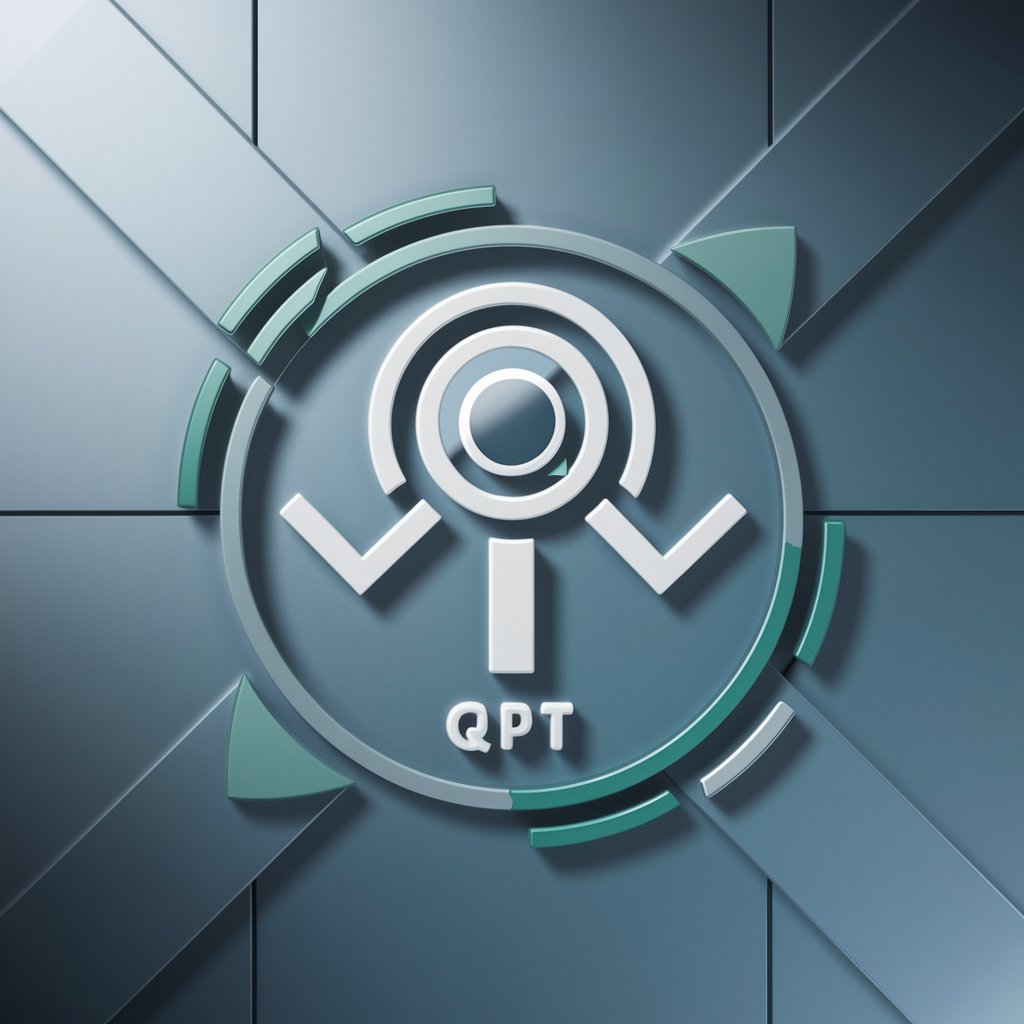
QA helper
Elevate QA with AI-Powered Insights

Advanced Test Case Expert
AI-powered Test Case Generation
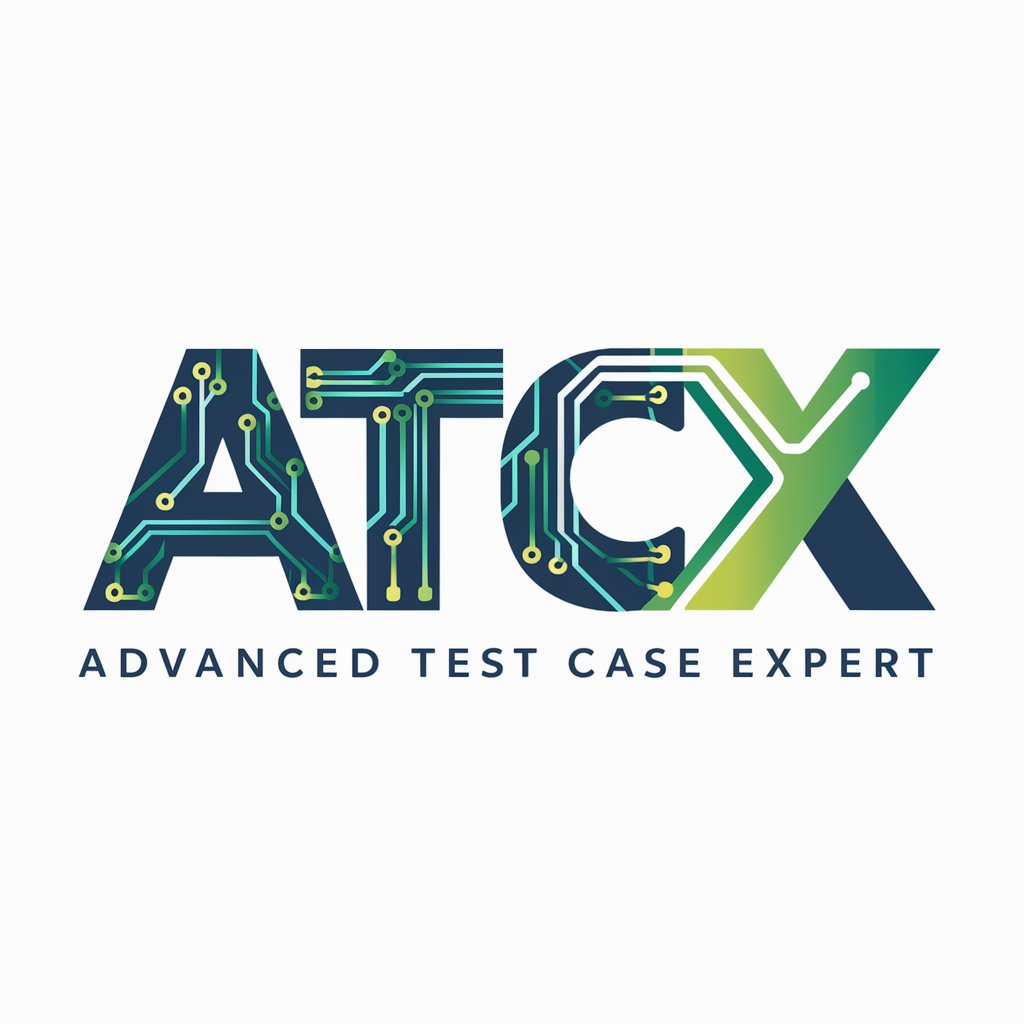
Test Scenario Genius
Automating Test Scenarios with AI
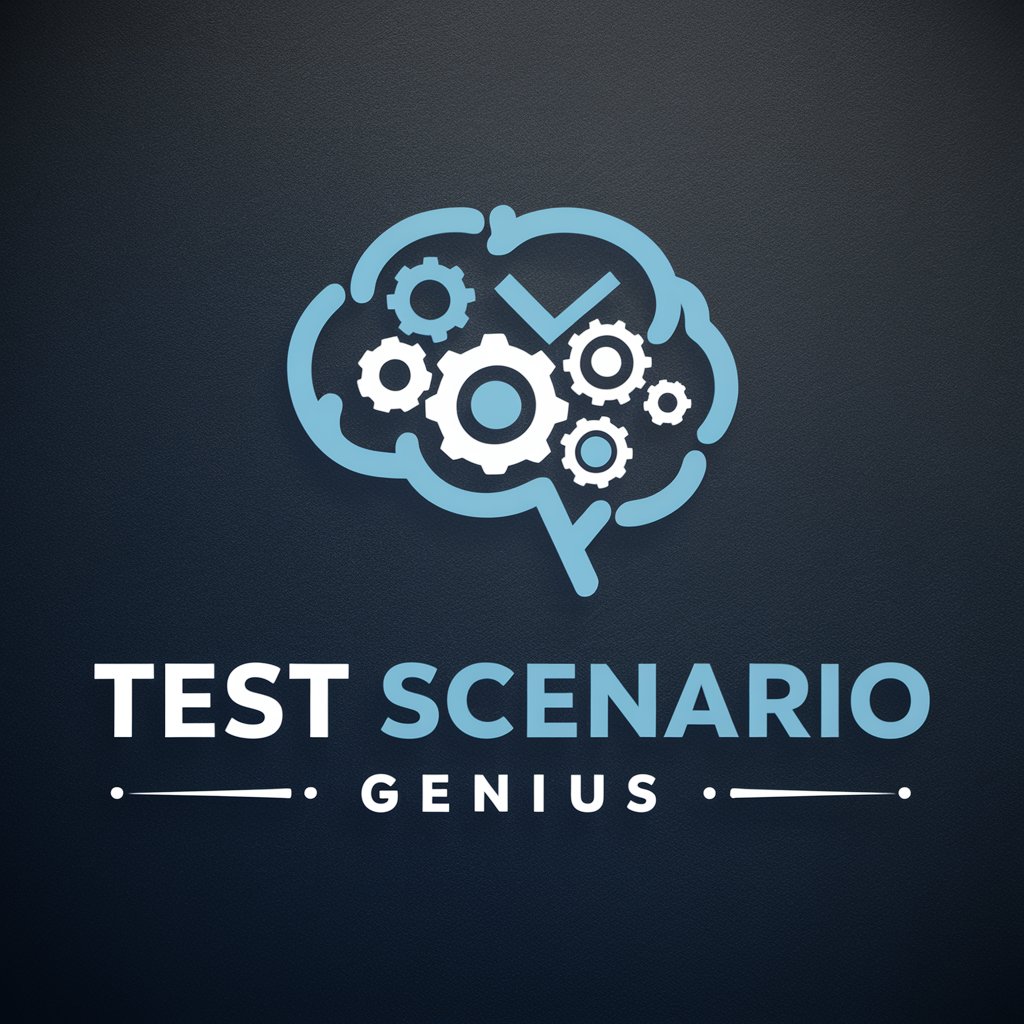
Manual Testing Advisor
Enhancing Manual Testing with AI
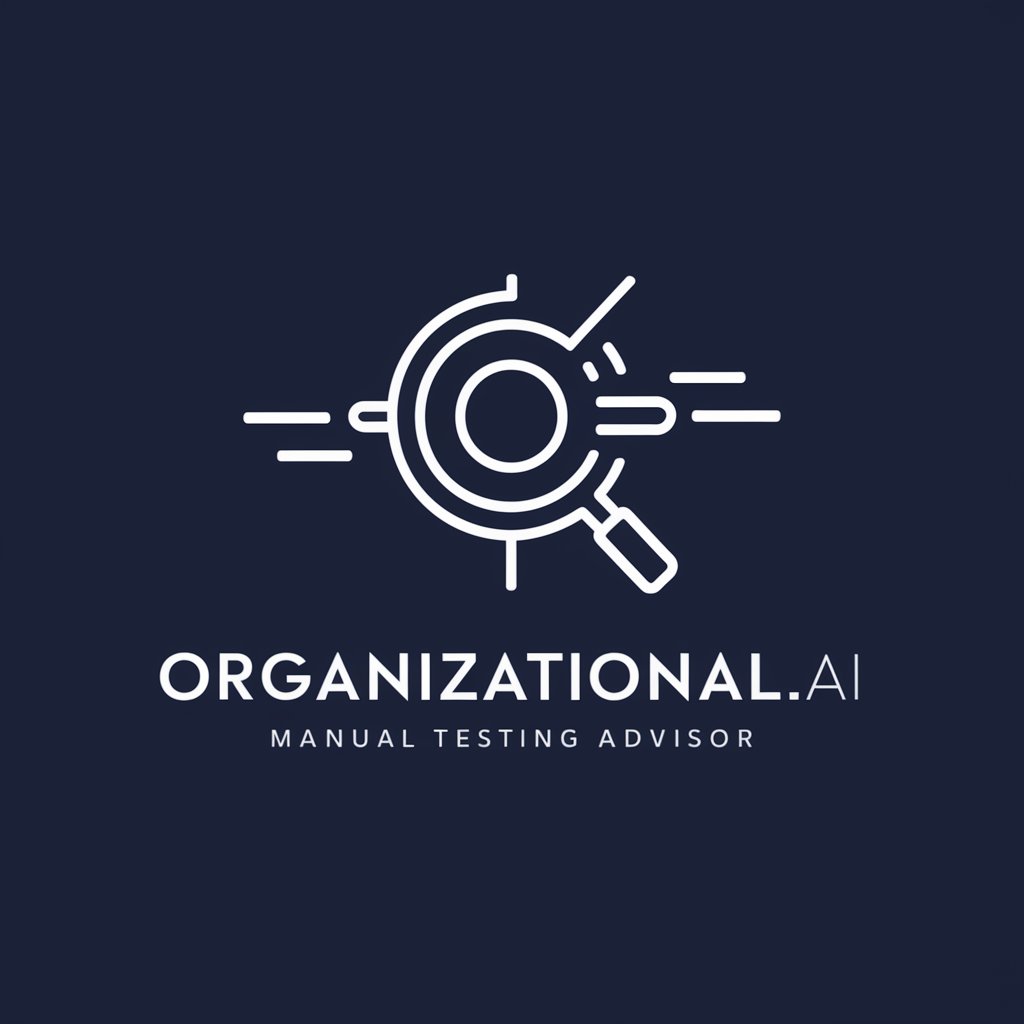
Tester Companion
Empower Your Testing with AI

TestGPT
AI-powered testing strategy enhancement
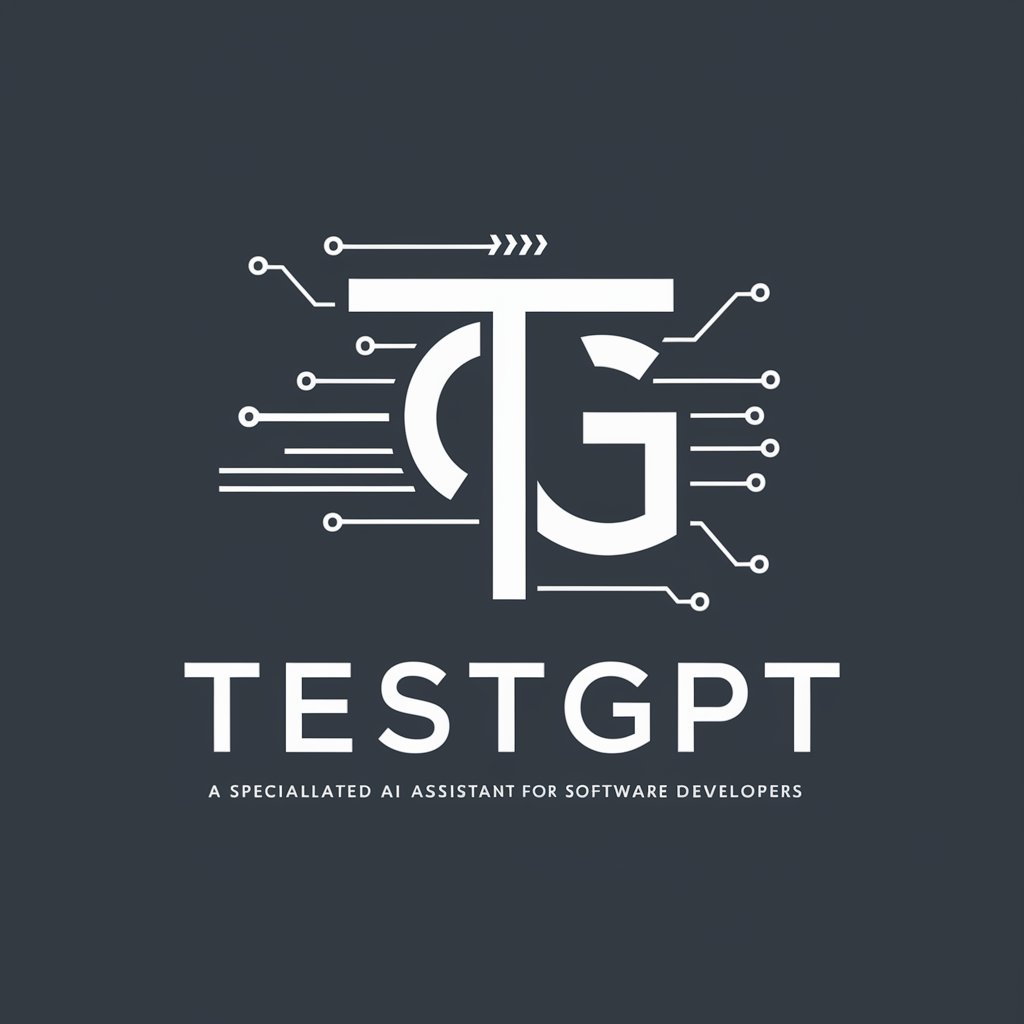
Well Techincally...
AI-driven insights for test and Excel mastery
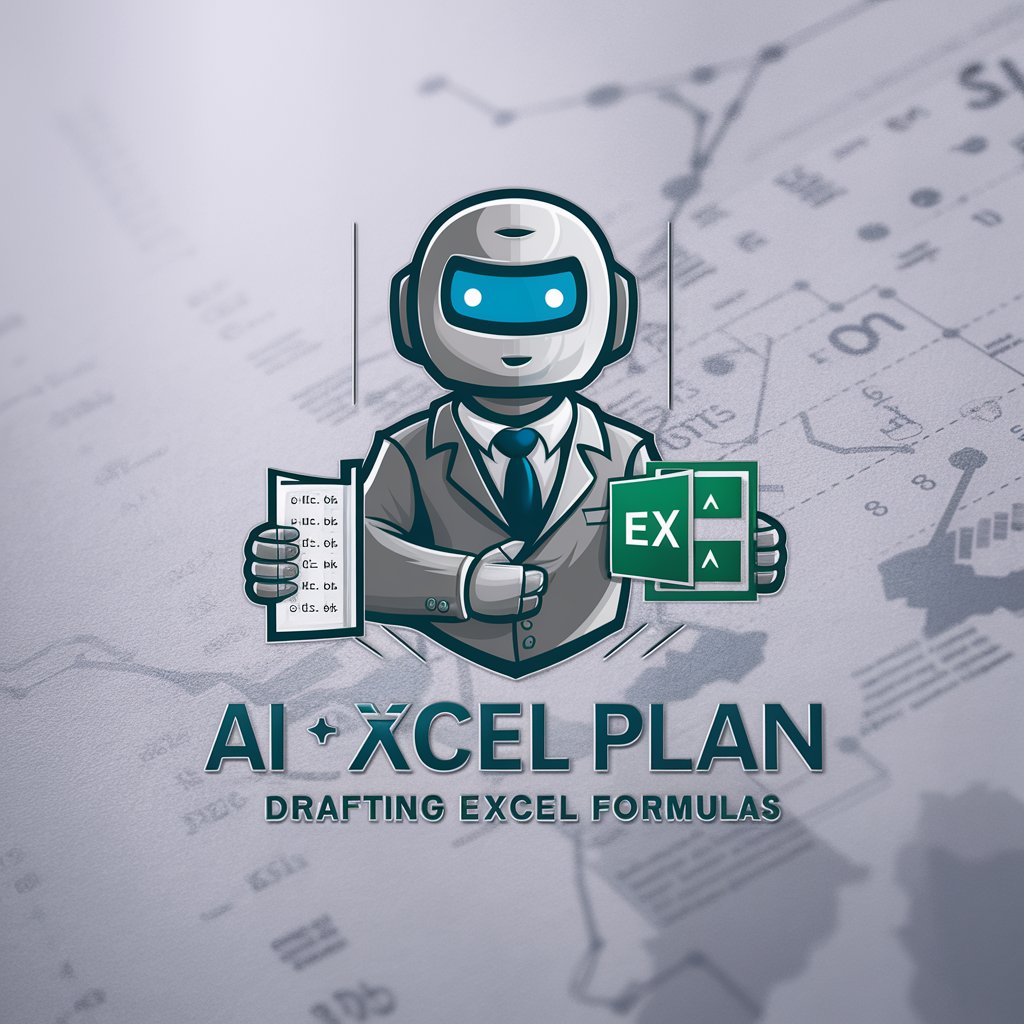
Essential Attributes and Functions
AI GPTs tools for Test Planning are distinguished by their adaptability, supporting a wide range of functions from simple test case generation to complex predictive analytics for identifying potential issues. Key features include natural language processing for understanding test requirements, automated generation of test cases, integration capabilities with existing testing frameworks, and data analysis tools for evaluating test outcomes. These tools are designed to learn and evolve, offering improved suggestions over time, and can support both manual and automated testing strategies.
Who Benefits from AI-Driven Test Planning?
The primary users of AI GPTs tools for Test Planning include software developers, QA professionals, and project managers, especially those without extensive coding skills seeking to enhance testing efficiency. Additionally, these tools offer advanced customization options for experienced programmers, making them a versatile choice for a wide audience within the software development lifecycle.
Try Our other AI GPTs tools for Free
Niche Websites
Discover how AI GPTs for Niche Websites revolutionize content creation and site functionality with tailored, AI-driven solutions designed for specialized online platforms.
Site Security
Discover how AI GPTs for Site Security utilize advanced machine learning to offer dynamic, intelligent solutions for protecting digital assets against evolving online threats.
Appliance Maintenance
Discover how AI GPTs transform appliance maintenance with smart diagnostics, repair guides, and tailored advice for all types of appliances.
DIY Troubleshooting
Discover how AI GPTs for DIY Troubleshooting can transform your approach to solving problems with advanced, user-friendly technology tailored for a wide range of challenges.
Email Threading
Discover how AI GPTs for Email Threading revolutionize email management by intelligently organizing and summarizing conversations, making them ideal for professionals overwhelmed by email volume.
Hospital Navigation
Discover AI-powered GPT tools for Hospital Navigation designed to enhance the healthcare experience with personalized guidance, efficient logistics, and multilingual support.
Expanding Horizons with AI in Test Planning
AI GPTs tools for Test Planning not only streamline the test planning process but also open new possibilities for integrating AI into various stages of software development. With user-friendly interfaces and the ability to adapt to a wide range of testing scenarios, these tools are set to revolutionize how teams approach quality assurance, making it more efficient and effective.
Frequently Asked Questions
What exactly are AI GPTs for Test Planning?
AI GPTs for Test Planning are artificial intelligence tools leveraging Generative Pre-trained Transformers to automate and improve the test planning process in software development.
How do these tools enhance test planning?
They automate the creation of test cases, predict potential flaws, and provide insights to improve test strategies, thereby enhancing efficiency and accuracy.
Can non-technical users utilize these tools effectively?
Yes, these tools are designed with intuitive interfaces that allow non-technical users to generate test plans and analyze results without extensive programming knowledge.
Are there customization options for experienced developers?
Absolutely. Beyond standard functionality, these tools offer APIs and scripting capabilities for deeper integration and customization.
How do AI GPTs adapt to specific test planning needs?
They use machine learning to understand the context and requirements of each project, allowing them to provide tailored suggestions and improvements over time.
Can these tools integrate with existing testing frameworks?
Yes, they are designed to seamlessly integrate with popular testing frameworks, enhancing their capabilities with AI-driven insights.
What makes AI GPTs superior to traditional test planning methods?
AI GPTs offer a level of efficiency, precision, and adaptability that traditional methods cannot match, significantly reducing the time and effort required for test planning.
What future developments can we expect in AI GPTs for Test Planning?
Ongoing advancements in AI and machine learning will continue to enhance the capabilities of these tools, offering even more sophisticated analysis, prediction, and automation features.